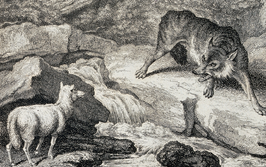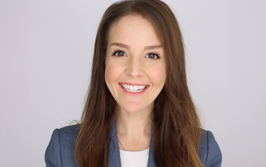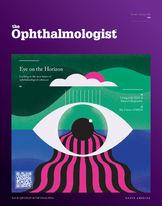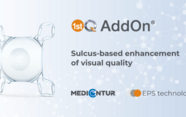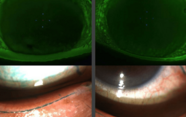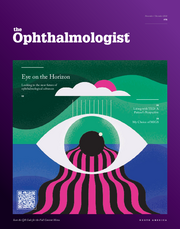Embrace the Unknown
Strength lies in combining our differences, not by hanging on to our similarities
Last month, while in Chicago for the annual meeting of the AAO, I was fortunate to be invited to two, extremely worthwhile events. The first was the International Council of Ophthalmology’s (ICO) roundtable on leadership development – the essence of the meeting being ICO president Hugh Taylor’s drive to make the organization’s governing committees more representative of the people it serves – a move away from the perception of the ICO as a club of “old men and their grandfathers” (or as Hugh later put it more succinctly, just “pale, male and stale”) towards an ICO that is full of color, youth and a more equal gender balance.
From a purely functional viewpoint, being inclusive and embracing diversity gets results. A diverse team derives the benefit of a wider range of experiences, viewpoints and problem-solving approaches – in other words, it increases the collective intelligence of a team. But it turns out being inclusive is hard. The opening speaker at the roundtable, the Rwanda-based consultant ophthalmologist, Ciku Mathenge, told of her journey towards being more inclusive herself. There are a number of inherent biases in everyone: she found that her professional biases were seniority, whether someone worked in a public or private hospital, where they trained. Ciku explained that you have to understand your “default;” what your automatic associations and biases are, and how they might hold you back. This is why stereotypes are so harmful – the example given being “African doctors have poor English” and it would be hard work taking them on as a resident. This might be true in some cases, but it’s not an accurate reflection of reality: Ciku urged people not to take it at face value. You have to “look for data that shows you that your bias is wrong, recognize a stereotype for what it is, and pull it apart for the myth that it is.” She explained that such attitudes rob organizations of diversity and the increased collective intelligence that it brings: you must challenge them. I agree wholeheartedly.
That same evening, I attended the OWL Annual Signature Event. OWL is no longer a contraction of “Ophthalmic Women Leaders,” it now stands for “Ophthalmic World Leaders,” but the tagline “Advancing Diversity in Leadership” remains. It was interesting to hear when Marsha Link won the Visionary Leader Award that until recently, this award was called the Visionary Woman Award – and that this change was a marker of just how far OWL – an organization already devoted to challenging a diversity imbalance (here, gender) had come. I think OWL and the ICO are singing from the same hymn sheet – and I hope they both see great benefits from this enlightened approach.
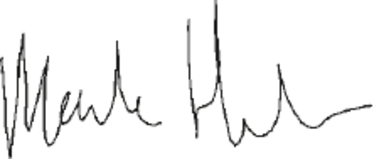
Mark Hillen
Editor
I spent seven years as a medical writer, writing primary and review manuscripts, congress presentations and marketing materials for numerous – and mostly German – pharmaceutical companies. Prior to my adventures in medical communications, I was a Wellcome Trust PhD student at the University of Edinburgh.
